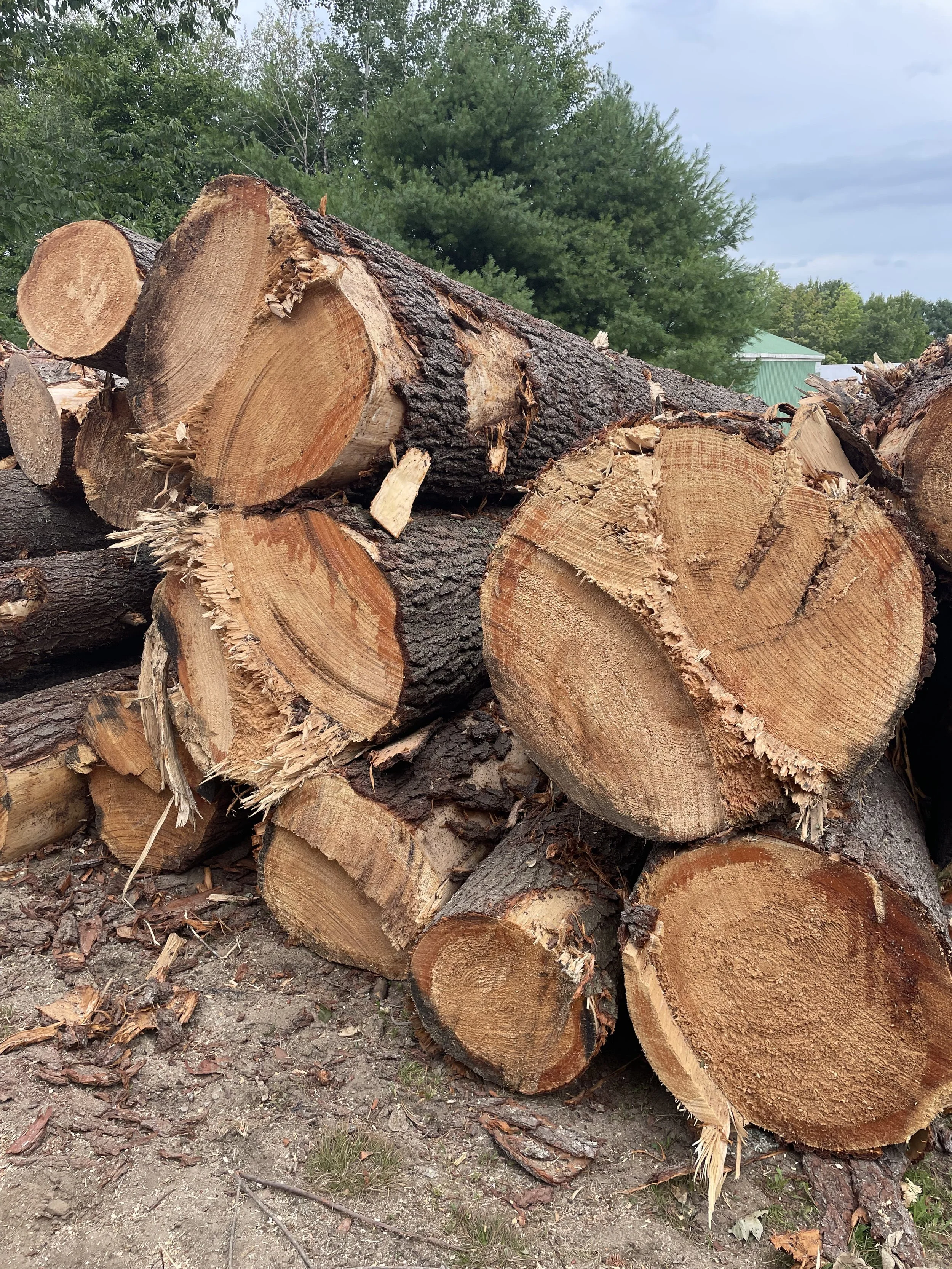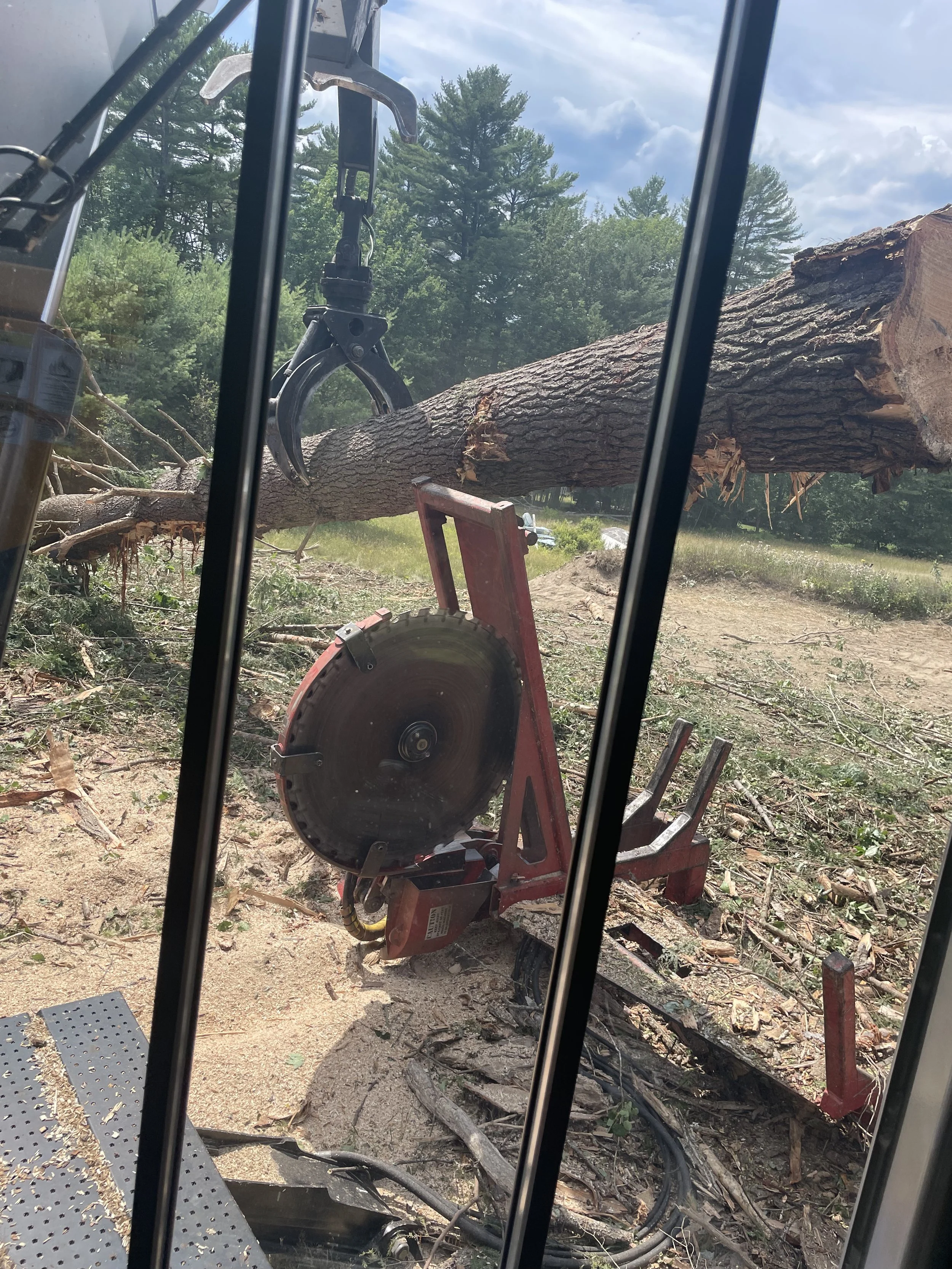This Week in the Woods
It is kinda funny, in this business it seems that the perfect conditions for operating are just a smidge away from obtaining. Take this summer, for example. The weather could not be any better for harvesting trees. The ground is dry as a bone and we have not had to fight mud once. We have been working about 2 miles from home all summer. The mills are starting to pay a little more for the wood, equipment is running well, and we’re almost fully staffed, but the cost for everything is simply unsustainable! I just keep joking that as long as the cards aren’t declined, we will keep going. But I suppose that isn’t even true- the cards have been declined a couple of times because the cost of fuel went up so quickly that we went over the limit! So, we just increased the limit and kept going. That’s what loggers do. Just keep pushing the limits.
We have been so fortunate this summer being close to home. Our whole tree crew is actually within walking distance from our house! That luxury is almost over as they will be moving to Roxbury. The lot they are on now is about 30 acres and they are “cutting wood. The round kind.” (That is what Randy answered when I asked him to help me write this—- so I’m keeping it. He is not being very helpful haha) We have had the contract for this lot for a couple of years, but the weather just hadn't been dry enough to get it. Now that we are there, we also got an abutter to do a selective timber harvest. That works out so well for the land owner when they have a relatively small lot that abuts a larger lot that we are cutting. Typically, harvesting these smaller lots would be cost prohibitive because moving and setting up equipment is so expensive that we need to be sitting in one location for a little while. When we are already there, we are sometimes able to use the original landowner’s landing and do a little tree farming next door.
The cut to length crew just finished up a lot in Greene and moved to Hartford to work on a 20 acre lot. The cut to length system works best in forests that are predominantly soft wood such as pine, hemlock, and spruce. This is because we don’t chip the tops and hardwood trees have large crowns that we have to leave in the woods. The hardwood doesn’t pack down and compost quite as nicely as the soft wood. When they are working in the appropriate forest, they lay the slash from the trees in the trails and run it over and over, compacting it down and making it possible to get through the woods.
Now that we have two crews, we are able to get to our clients in a much more timely fashion and to cater to their specific needs by choose the best system for their lot. Ultimately, adding that second crew in a completely down market for logging, is turning out to have been the right move!

